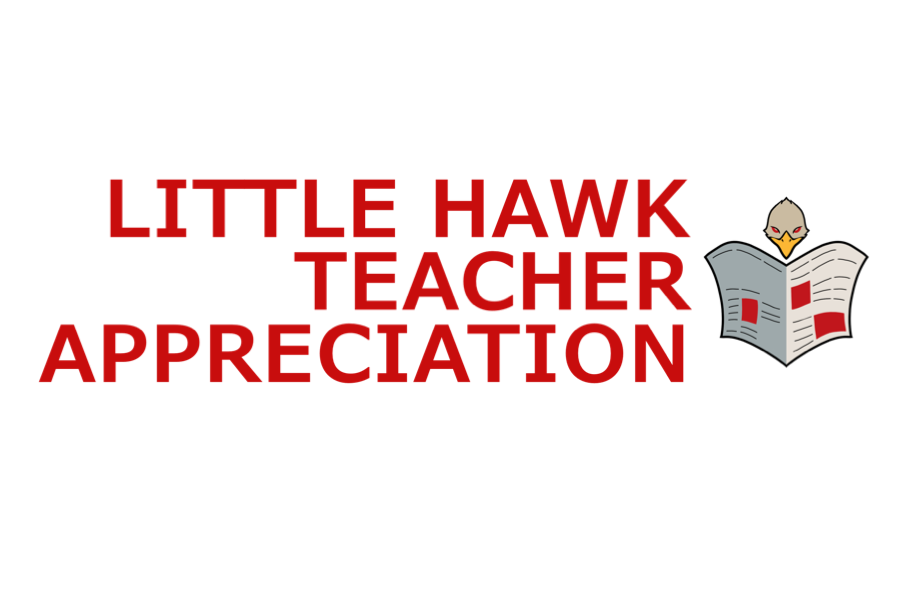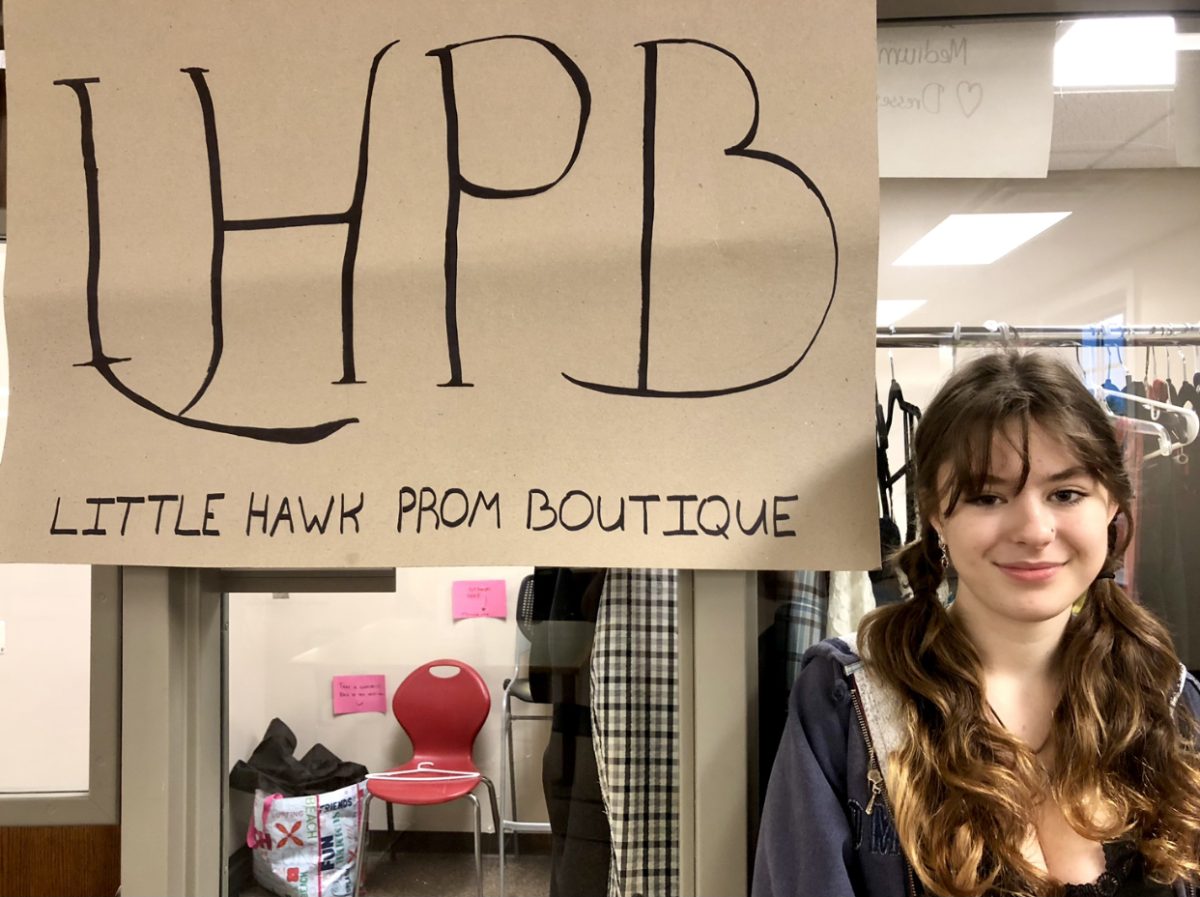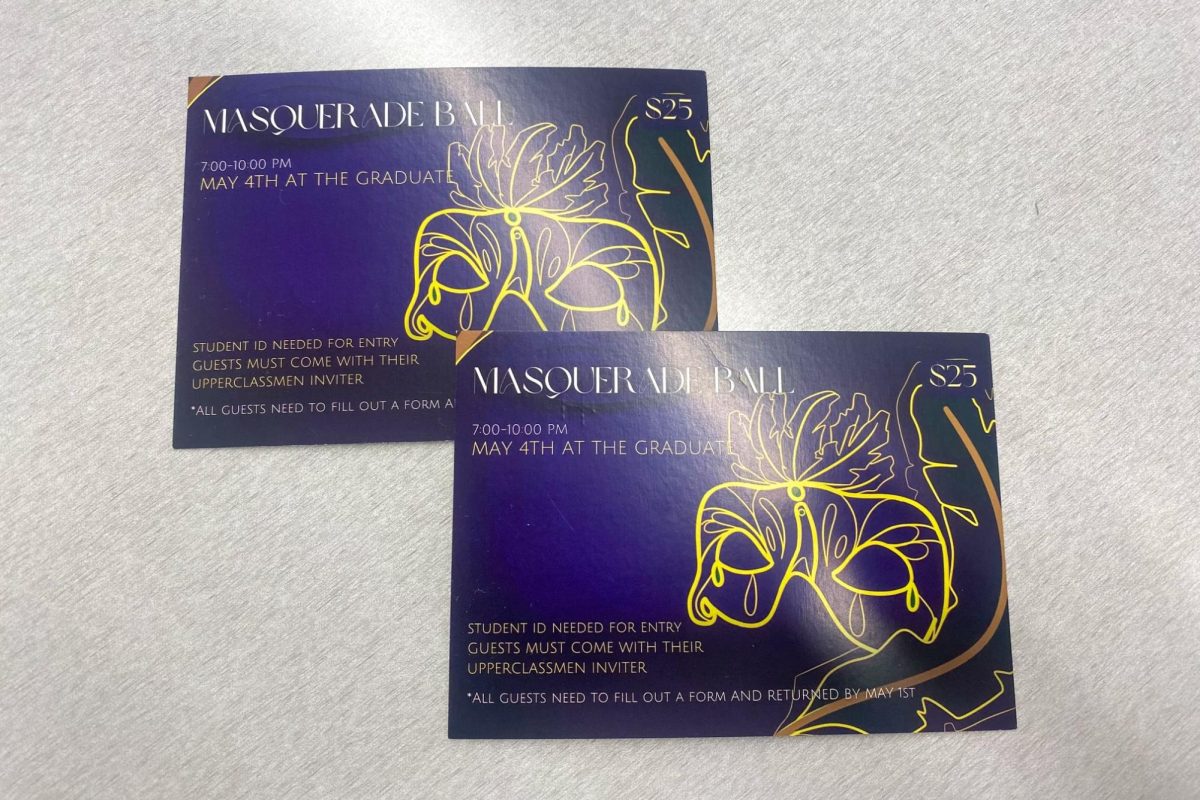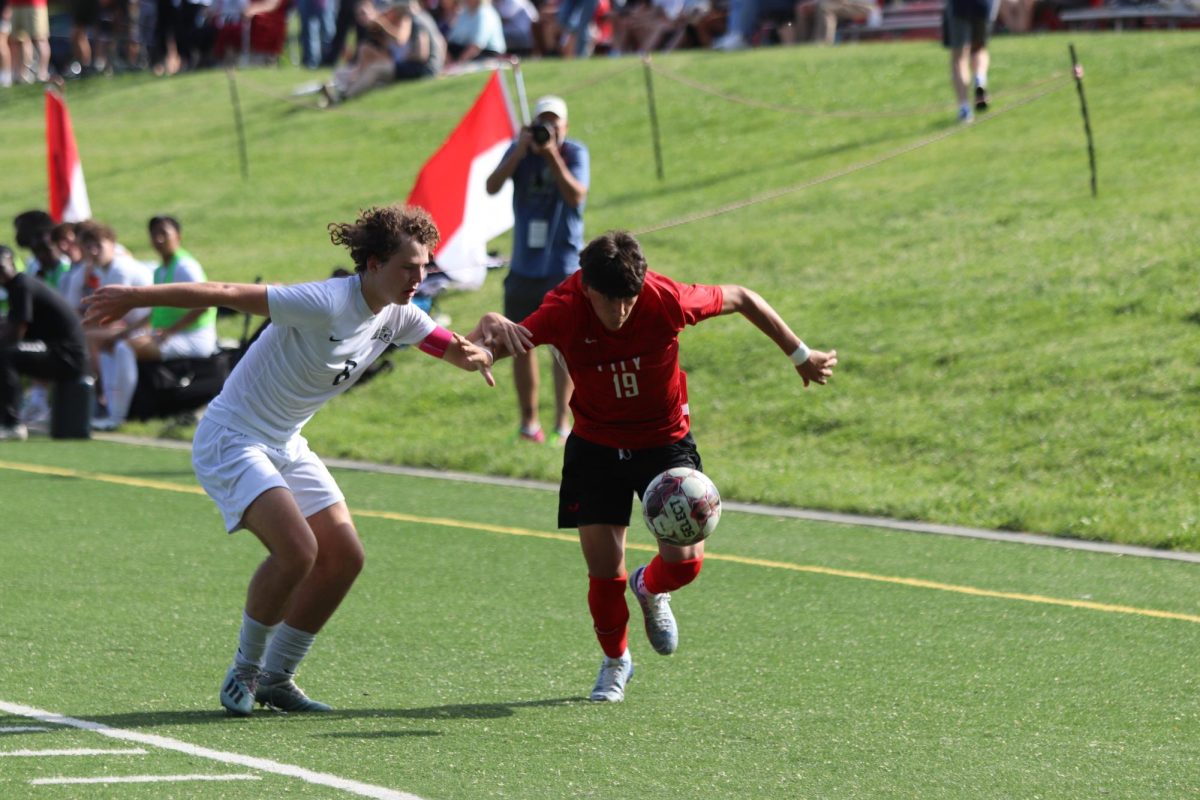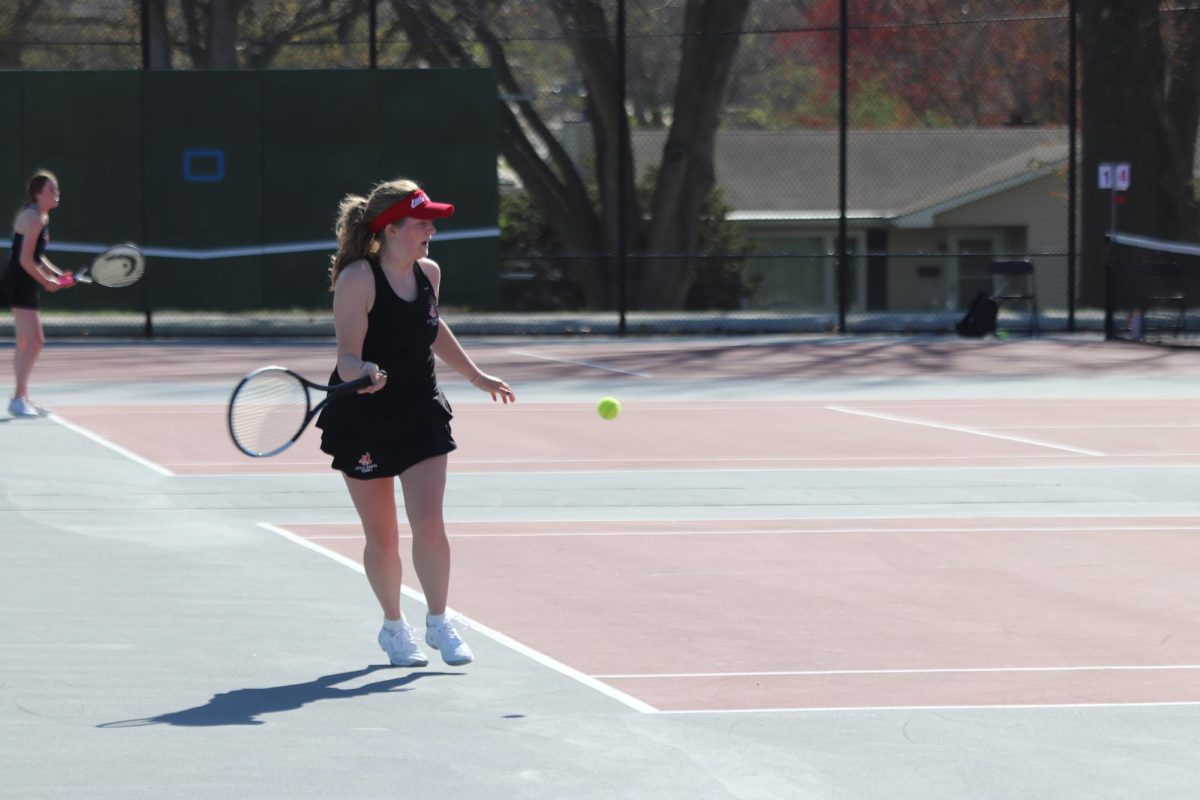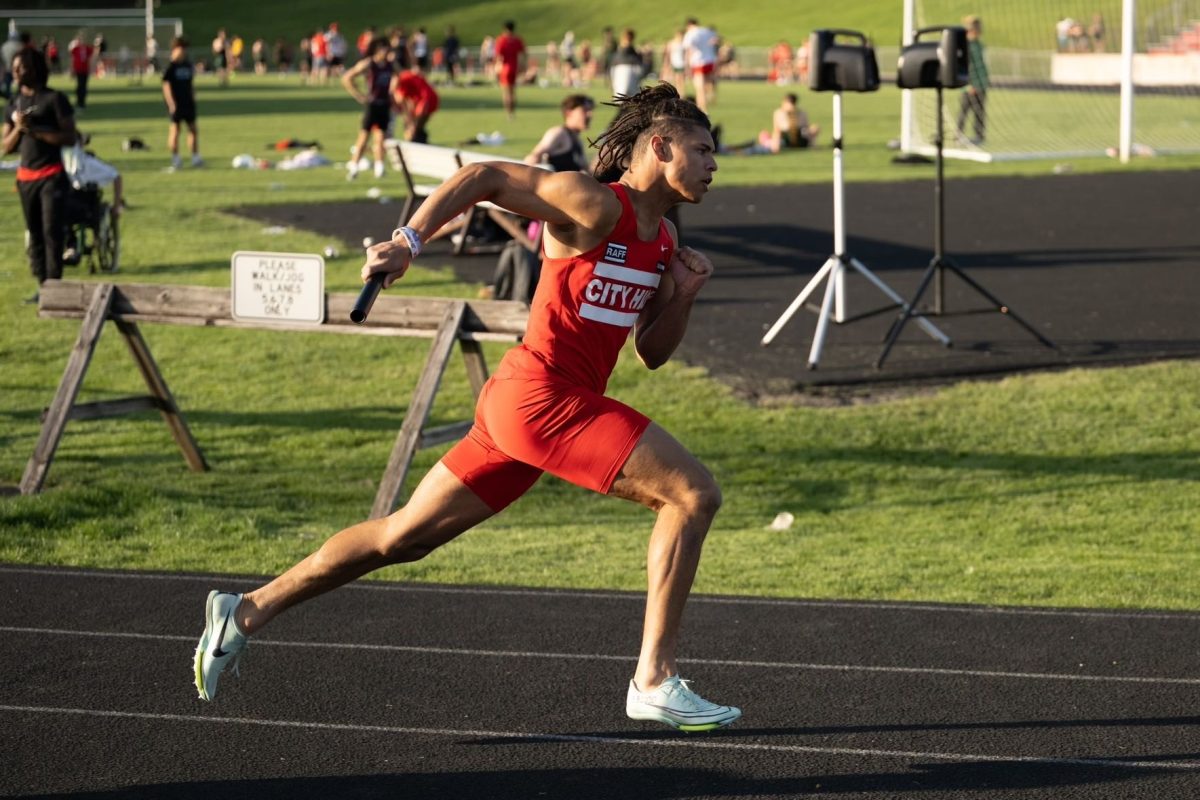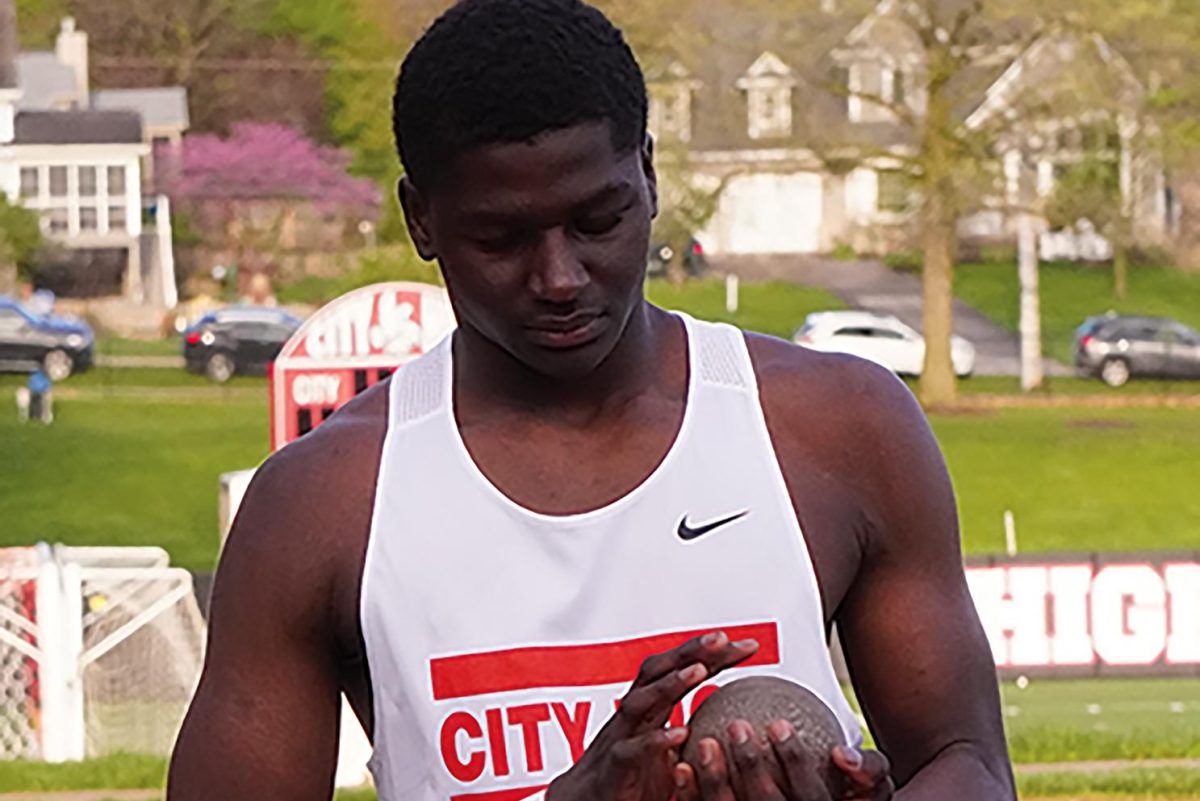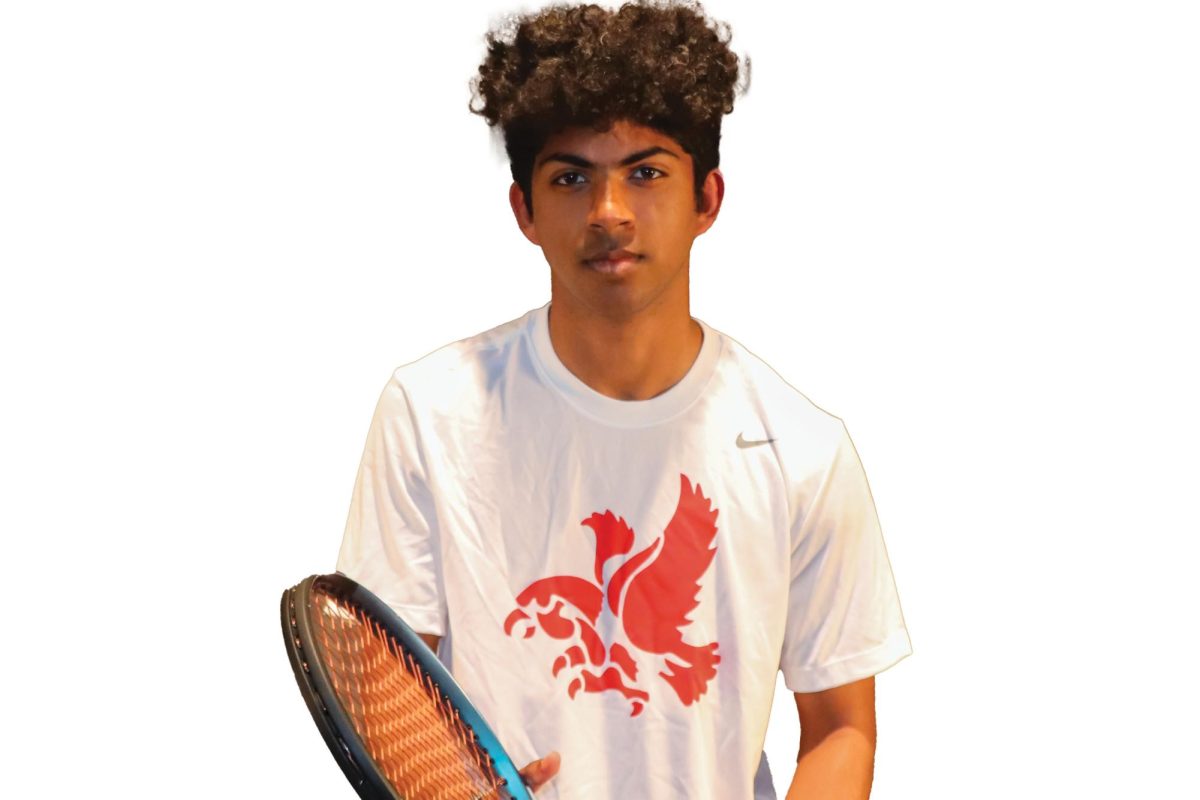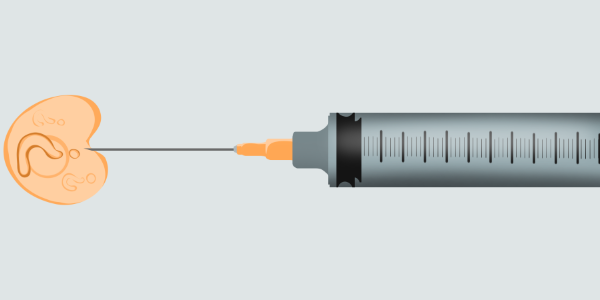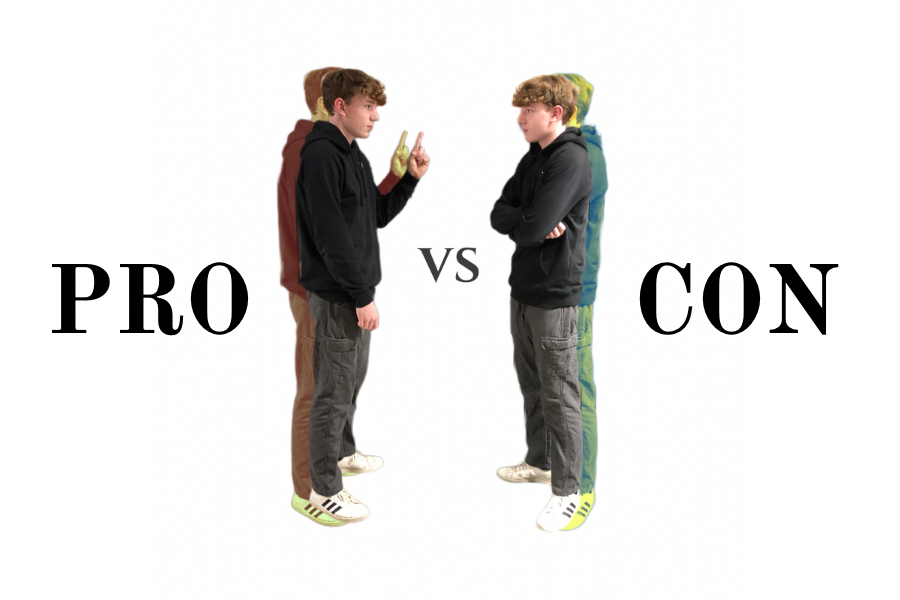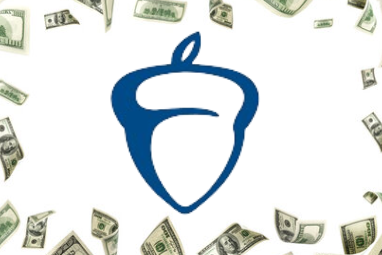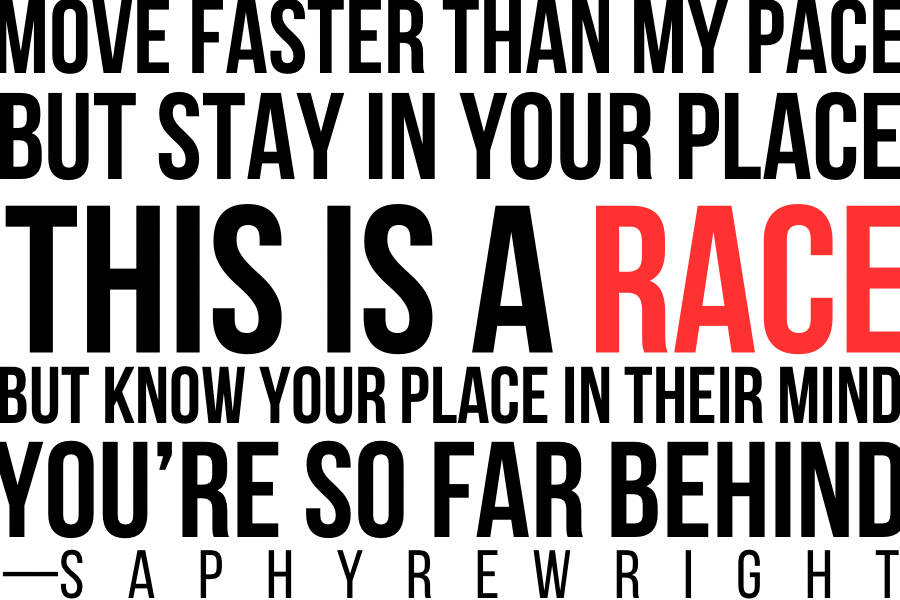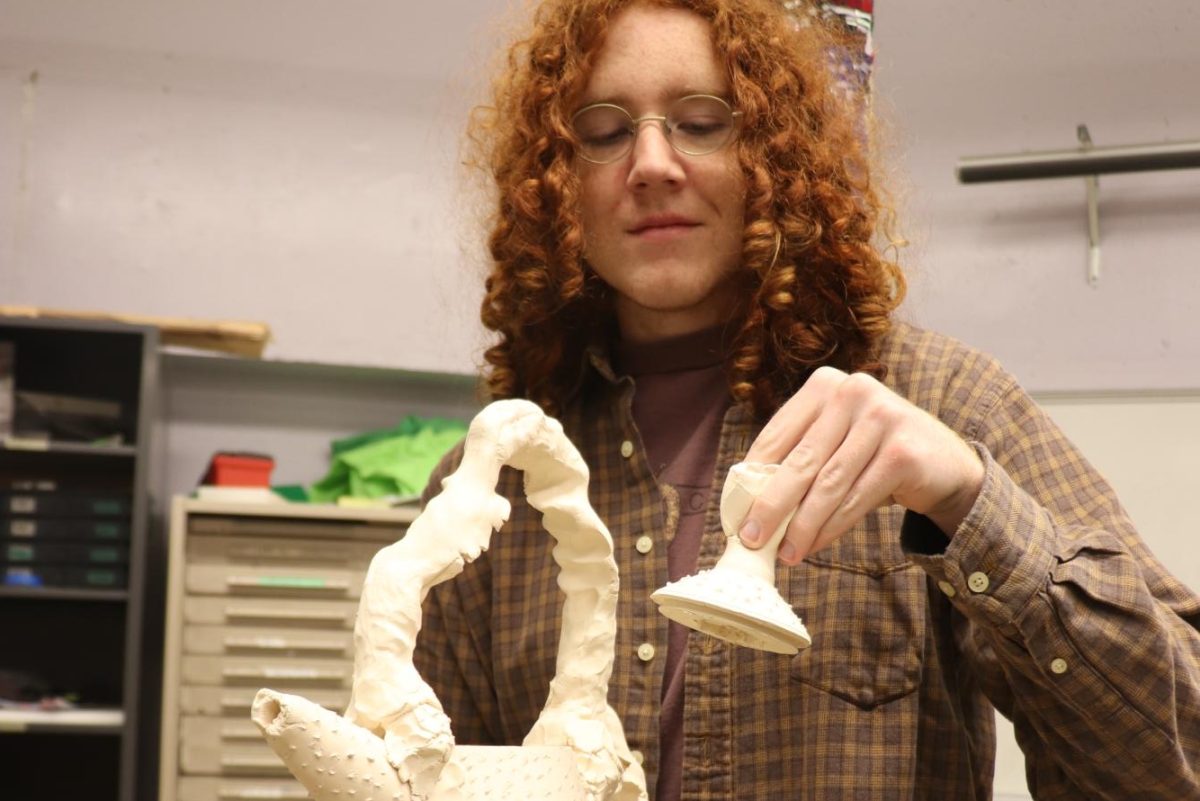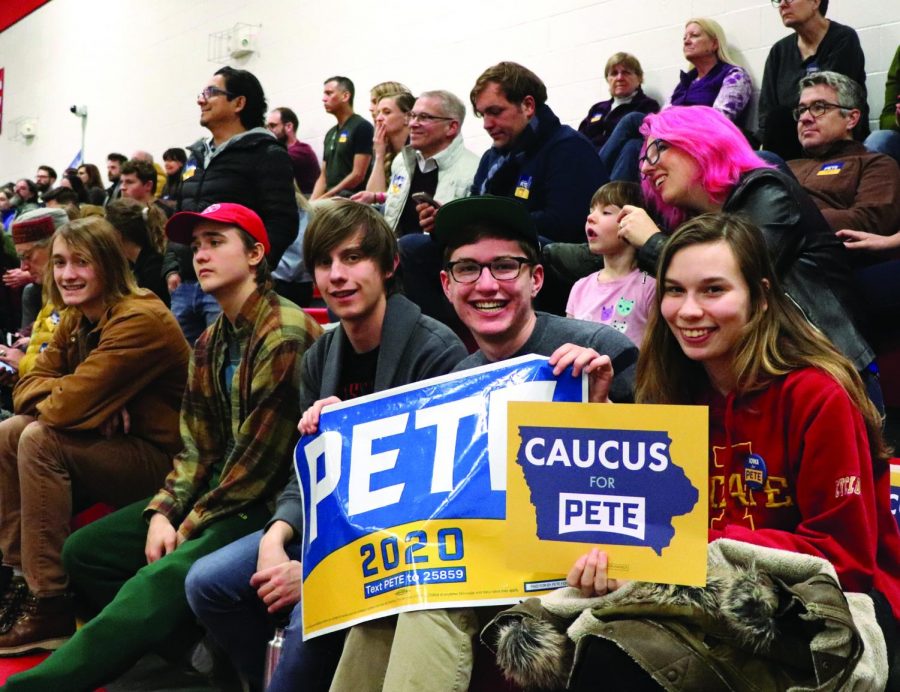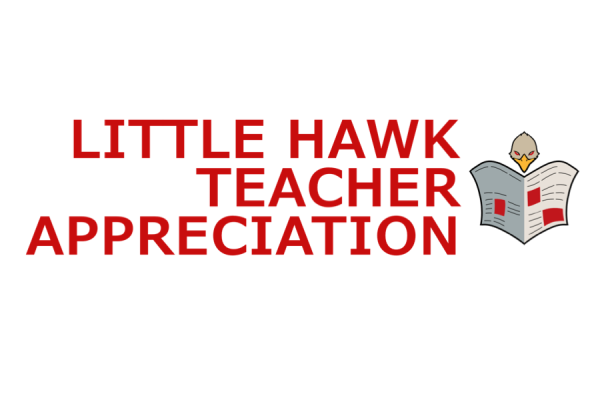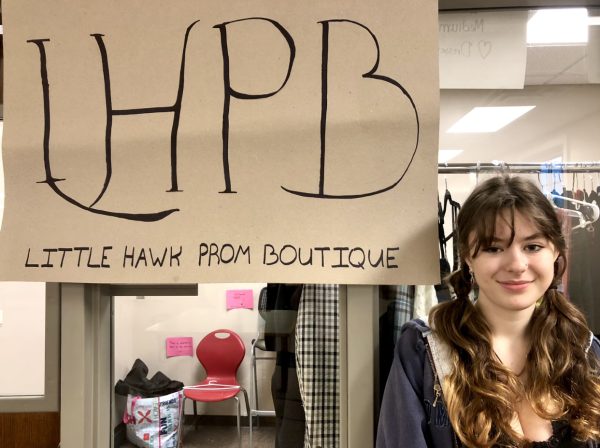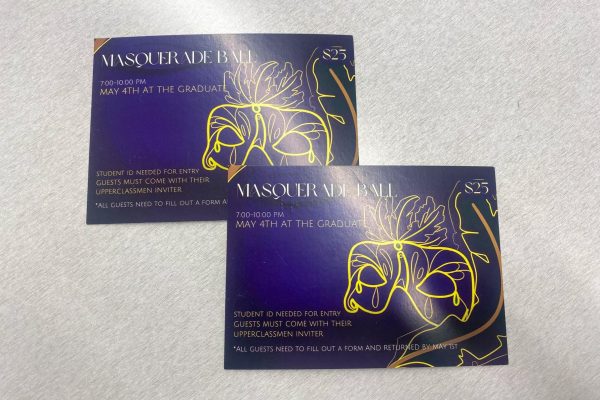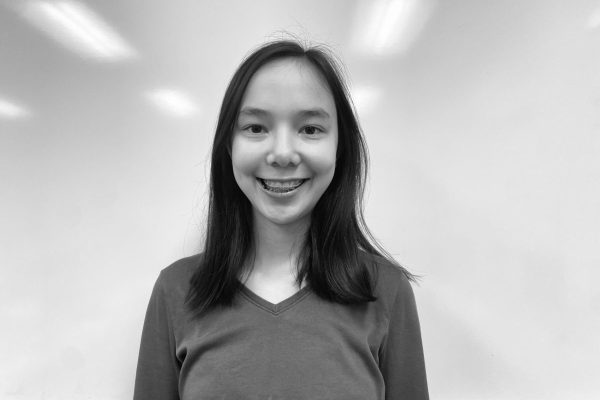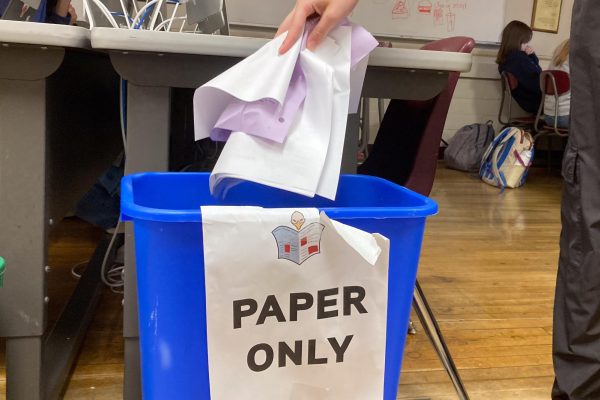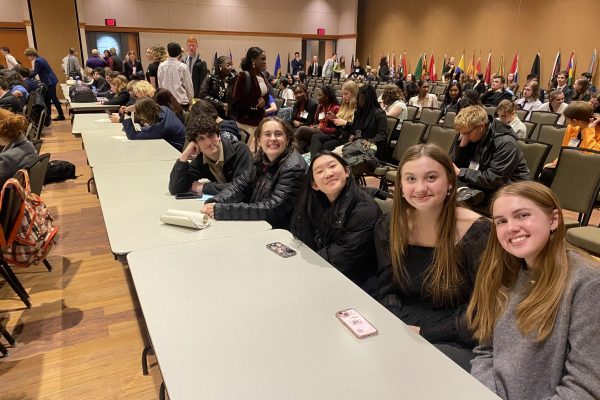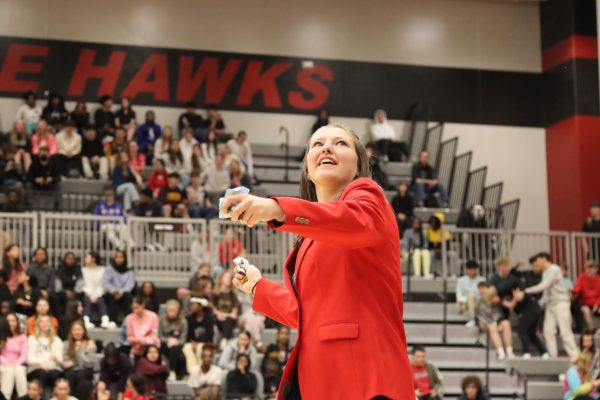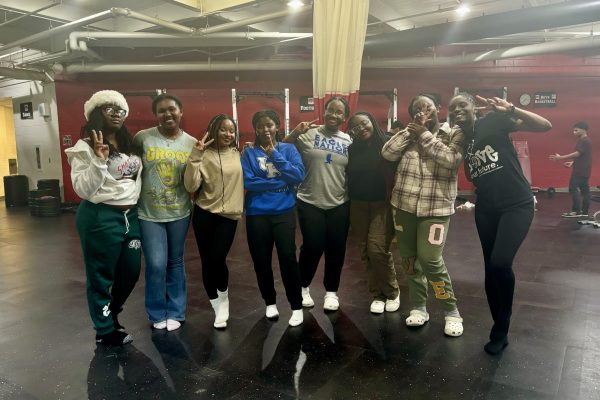Teens Question Iowa’s Caucus and Democratic Candidates
A room bursting with adults shouting and praising their candidates, long lines in her elementary school gym, the mini-caucuses in which she was allowed to participate: When she was a child, Mariam Keita ‘20 attended many caucuses with her parents. Now, she says she can’t imagine not caucusing.
“I remember waiting…with all these people who were really in your face, like, ‘Bernie is the best thing that’s ever happened to this country!’ ‘Obama will change our future!’ I remember being seven, eight years old…doing kiddie caucusing with my little half-vote,” Keita said. “Having parents that are politically active is one of the biggest indicators of being politically active in young people. I believe my parents influenced me.”
Caucusing is a different system from the primary elections employed by many other states in selecting a presidential nominee. Frederick Boehmke, a professor in the Department of Political Science at the University of Iowa and the director of the Iowa Social Science Research Center, studies American politics and data analysis. Boehmke said that Iowa uses a caucus system in an attempt to allow discussion between community members.
“Caucuses are different because they involve people interacting and talking with each other, whereas a primary is like a standard election where people just show up to the voting booth,” Boehmke said.
Doubt has recently been cast on the merits of the caucus system, including because of its low turnout—15.7 percent of Iowans caucused in 2016—and the delay in release of results that occurred after the caucuses on February 3 of this year, but Boehmke thinks that’s it’s hard to determine if it’s a better system than a primary.
“It’s hard to judge what determines something being fair,” Boehmke said. “If your definition of fairness is that the person who wins has support from a large proportion of people, then it’s fair, but [the caucus system] doesn’t always nominate what people think is the ideal candidate.”
The nature of the sequential nomination process that is currently in place means one state will be the first one to have a vote, and Iowa currently holds the first caucus for presidential nominations.
According to the Census Bureau, Iowa is 90.7% white, which makes it one of the least racially diverse states in the country. This has inspired criticism from presidential candidates like Cory Booker and Julian Castro, who felt that their voter base would not be represented in a state like Iowa. According to Boehmke, the current logic behind Iowa being the first caucus state is largely historic.
I think it’s really unfortunate that I’m going to have to wait until three and a half years after I turn 18 to be able to vote in a big election for the first time
— Katherine Geerdes
“You can find pros and cons for Iowa going first, but at this point, it’s largely for historical reasons,” he said.
Keita, who is a registered Democrat but identifies more as an independent, believes that the caucus system is beneficial to undecided voters who haven’t been as focused on learning about candidates.
“With the caucus system, you have other people who are passionate about their particular candidate, who are sharing their information with you, sharing their own knowledge, and using what they know to influence your decision, so you’re able to learn in the process of doing,” Keita said prior to caucusing. “I really like that I’ll be able to attend the caucus and make my decision on the day of the caucus, rather than going in with my decision already made.”
However, many other young people did not caucus.
“I don’t really know what [the caucus] is,” Keonna Earl ‘20 said. “Honestly, I’m not really into politics.”
Others would like to be able to caucus and eventually vote in the general election, but because of age limits, barely miss the cutoff to be able to do so.
“I’m not going to be able to turn 18 until eight months after the election,” Katherine Geerdes ‘21 said. “I think it’s really unfortunate that I’m going to have to wait until three and a half years after I turn 18 to be able to vote in a big election for the first time.”
Geerdes, who canvassed for Lisa Williams in the fall 2019 school board election, said she’s excited to vote when she can, and as far as this presidential cycle goes, her political participation might depend on who wins the Democratic nomination.
“I think it’s very important that we exercise our political right to vote. this is one of the things I can do when I’m old enough to exercise my opinion in politics, since I’m not going to go into politics,” Geerdes said. “I’d consider canvassing for one of the candidates for this election, but I haven’t done anything yet. I think it definitely depends on who the Democratic nominee is. I have a few preferences, but it’s more people I would rather not have than people I would have. There’s a few people that I’d be happy with and there’s a few people I’d be less than satisfied with.”
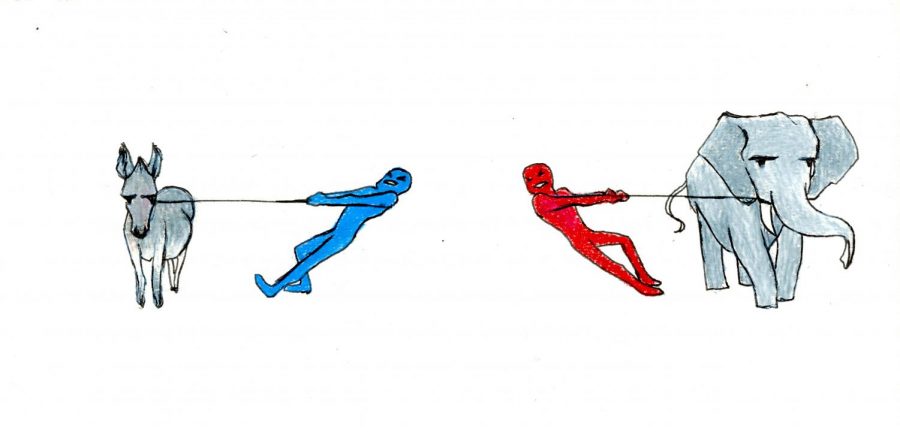
Of Keita, Geerdes, and Earl, prior to the 2020 caucus, none of the three students knew how to caucus, although they thought there had been some opportunities for them to learn in the community.
“I went to church last Sunday, and they were talking about it,” Earl said. She didn’t sign up for City High’s “mockus” because she had registered for a different activity during Martin Luther King, Jr. Day celebrations.
“I don’t really feel engaged,” said Earl.
Although Keita considers herself more politically active, prior to this year’s caucuses, she also did not know how to caucus, besides having participated in “kiddie caucuses” in her childhood. What she found important was her ability to remain undecided in the time leading up to the caucus and the flexibility it afforded her.
“I’m not ready to sell my soul to any of these candidates. I just don’t trust politicians, and I feel like I always go into it like everyone sucks until they prove to me that they don’t suck, so I’m always waiting for someone to mess up,” Keita said. “What if I were to throw all my support behind a candidate and then something unforgivable comes up, and I’m like, ‘I feel betrayed!’? It’s better to just hate them all and gradually stop hating one of them until I can vote for one of them.”
However, Keita did eventually commit to a candidate while at her caucus.
“I did not make my decision until the very end of the first realignment, because I feel like all of the candidates…just don’t really inspire or motivate me, so I wanted to go and formulate my opinions by talking to people from their support base, hear what they have to say and how those people made their decision,” Keita said. “After talking to supporters of Tom Steyer, Andrew Yang, Pete Buttigieg, Warren, and Bernie, I decided that the arguments people made for caucusing for Warren were the most compelling and that’s what I decided.”
Even before the issues with reporting in this year’s caucuses, Boehmke said, there were concerns with the efficiency and organization of the caucus system.
“I think the one pretty universal observation about the caucus system is that it’s pretty messy. It’s not often clear who’s in charge, and you’re supposed to kind of pick somebody when you get there. The…people don’t all necessarily know the exact know the rules and in big caucuses with big rooms, it can be really hard to hear the person if they don’t have a microphone,” Boehmke said. “Additionally, getting the total number of delegates can be difficult because at bigger precincts there can be hundreds of people to count, then you have to convert that to the delegates that should be assigned.”
Keita said that she does not yet know how the delay in results reporting and subsequent public outcry has affected her opinion of the caucuses.
“I think this year was…a very interesting first year to enter the caucusing field just because the complications in terms of the counting preferences. I don’t know if the caucuses will be around for much longer,” Keita said. “I would say that my opinion of the Iowa caucuses are still pending. I have–not really an attachment to them, but I can’t imagine having things a different way.”
Your donation will support the student journalists of Iowa City High School. For 2023, we are trying to update our video and photo studio, purchase new cameras and attend journalism conferences.
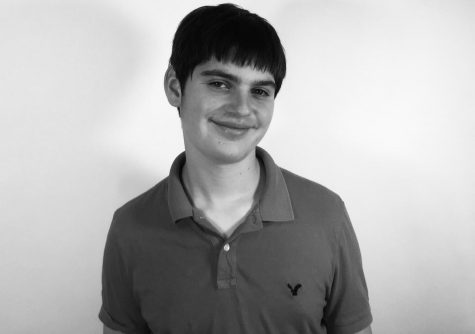
Hot girl summer and Free Palestine Fall are over, how about uhhhhh....... Nuclear Winter Winter

Shoshie Hemley is one of the news editors. She has a lot of opinions. She has a lot of strong feelings about a lot of things. Come talk to her to have...


